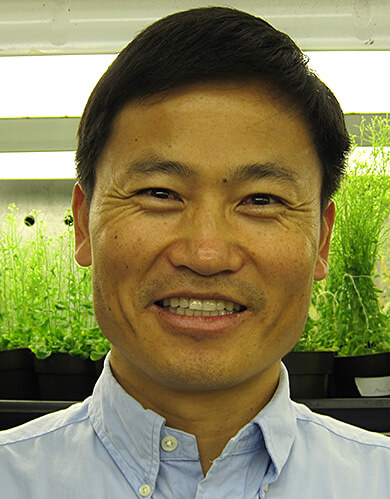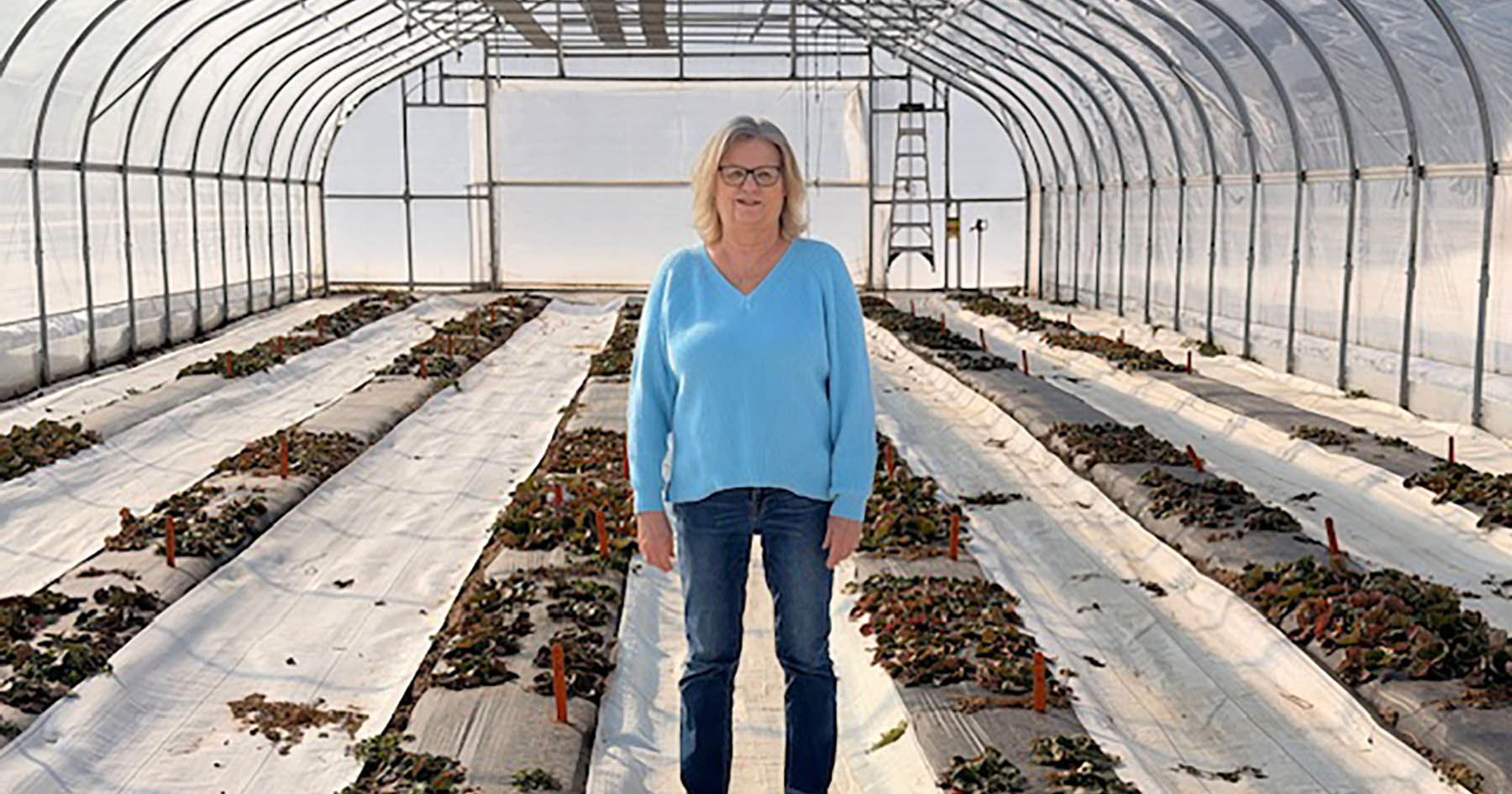Research reveals different aspects of DNA demethylation involved in tomato ripening process
Using advanced gene-editing technology, a team of scientists found that DNA demethylation is required for the tomato ripening process through both activation of induced genes and the inhibition of ripening-repressed genes.

Most studies on DNA demethylation have focused on it solely as a gene activation mechanism, saidJian-Kang Zhu, the lead researcher and distinguished professor ofhorticulture and landscape architectureat Purdue University.
“The findings of this study were very surprising because most studies have pointed to how demethylation functions to activate a gene,” he said. “This study found many genes that were activated by methylation or silenced by demethylation, contrary to the well-known function of demethylation.”
The research findings, which were published in the Proceedings of the National Academy of Sciences, could lead to a better understanding of how DNA methylation is involved in fruit ripening, said Zhaobo Lang, principal investigator at Shanghai Center for Plant Stress Biology and a doctoral graduate of Purdue University.
“It is the foundation for potential modification of crops to created more diversities at the epigenetic level,” said Lang, who earned her doctoral degree in Purdue University’s College of Agriculture.
During the research, the team generated a mutant of tomato DNA demethylase using CRISPR gene-editing technology, Lang said. As a result, the team reached the findings of how DNA demethylation is required for tomato fruit ripening through both activation of induced genes and inhibition of ripening-repressed genes.
“Labs working on DNA methylation and demethylation have been using Arabidopsis as model system for many years,” Lang said. “However, Arabidopsis doesn't have some agronomically important processes, such as fiber growth in cotton and ripening of fleshy fruit.”
Scientists throughout the world have been studying DNA methylation for the past several decades. Research has intensified as discoveries were made about its critical role in cellular processes in plants and mammals.
While the team’s research focused on tomatoes and methods for addressing ripening challenges, Zhu said the findings could improve production for other fruits.
“We started with tomatoes, but we are also interested in other fruits, including grapes, pears, apples and strawberries,” Zhu said. “We’re interested in finding other ways to manipulate the ripening process in other fruits. In a basic sense, we now have deeper insights on how the ripening of food is controlled by epigenetic marks.”






